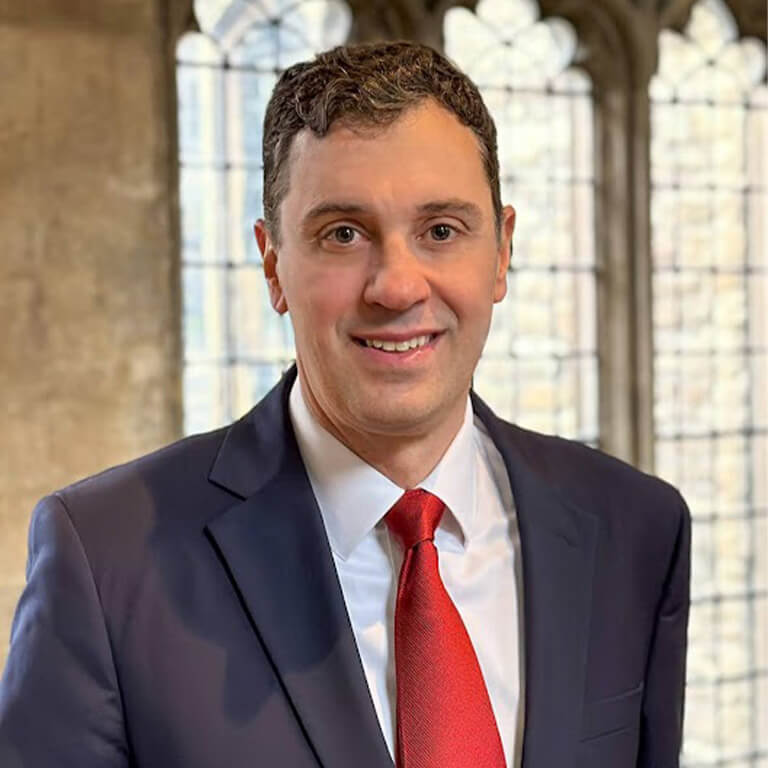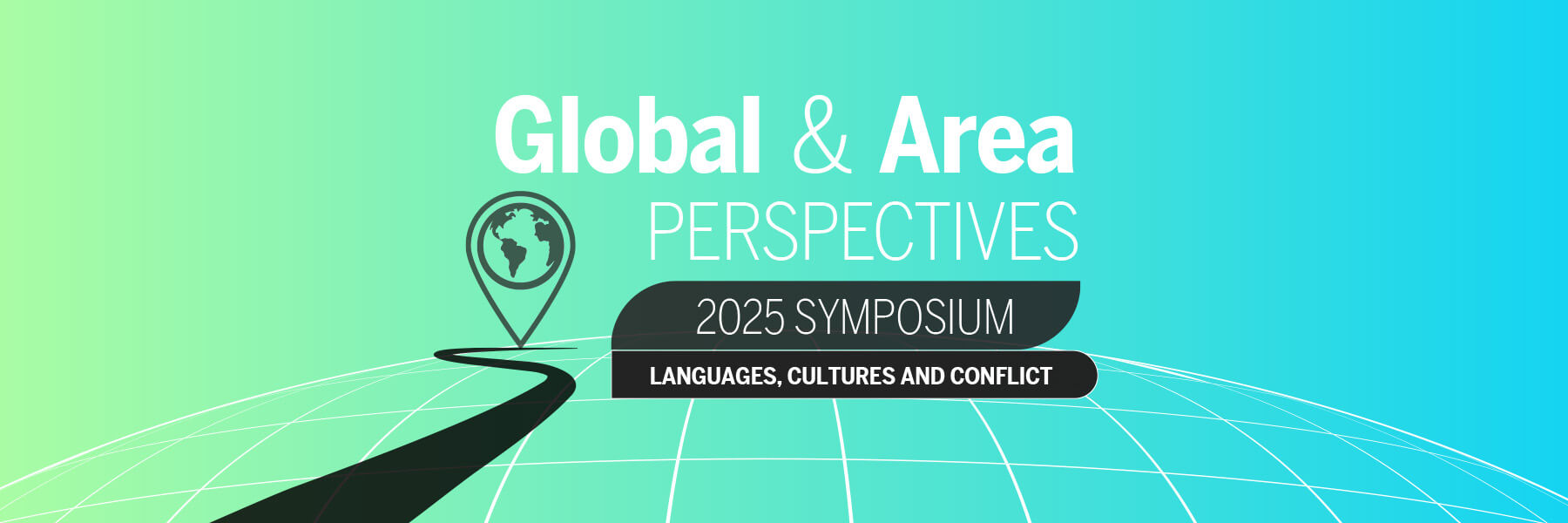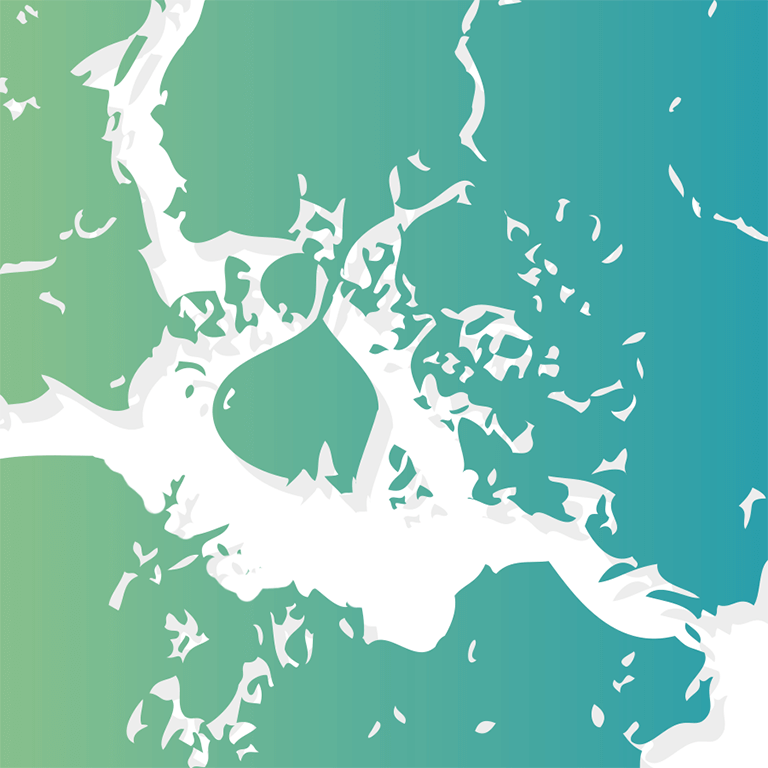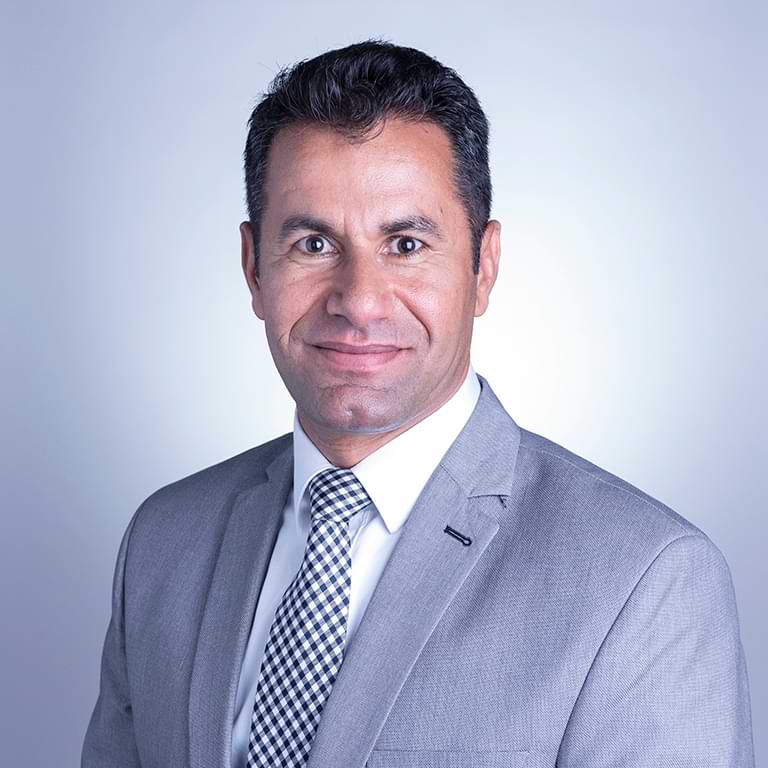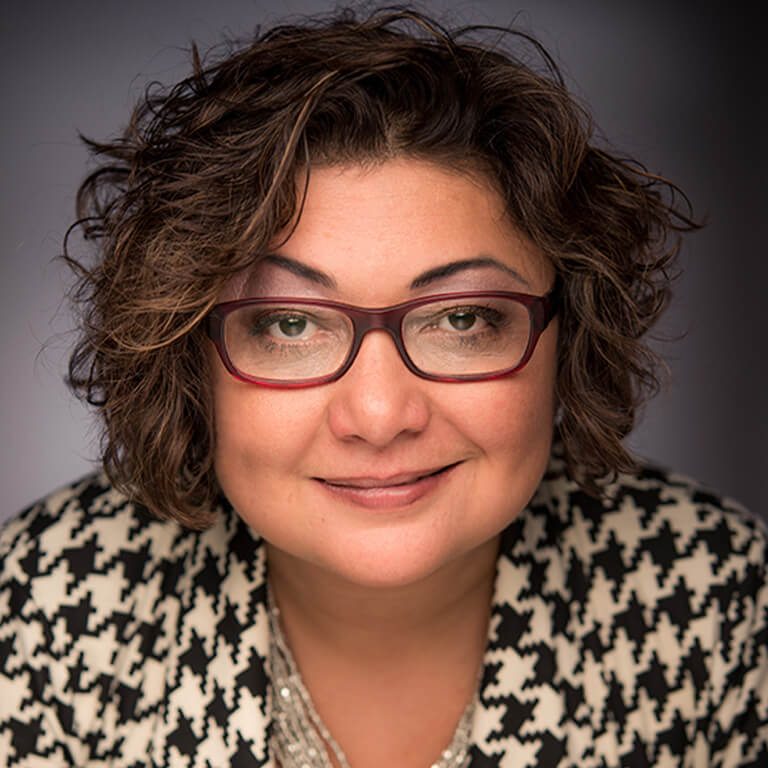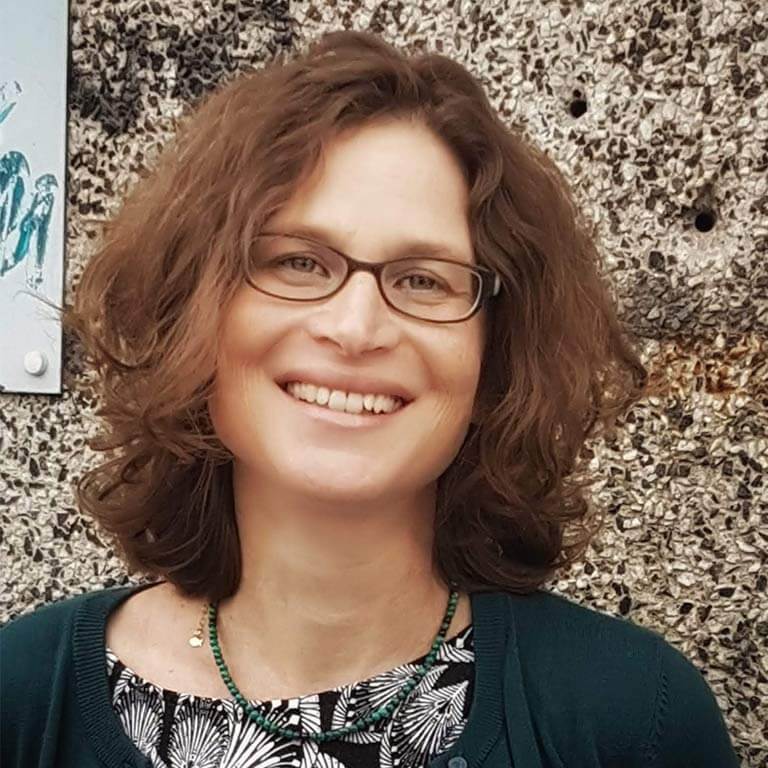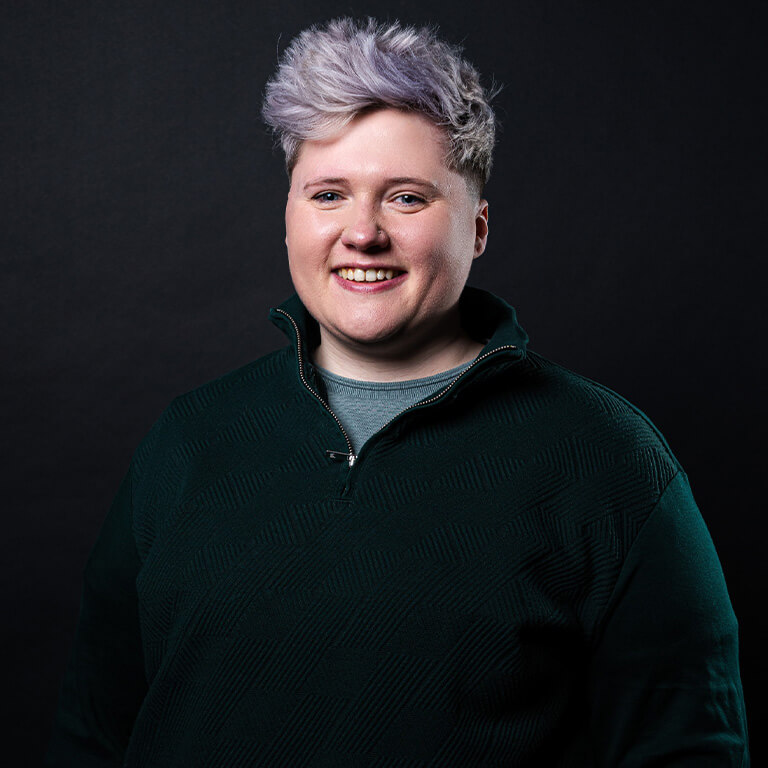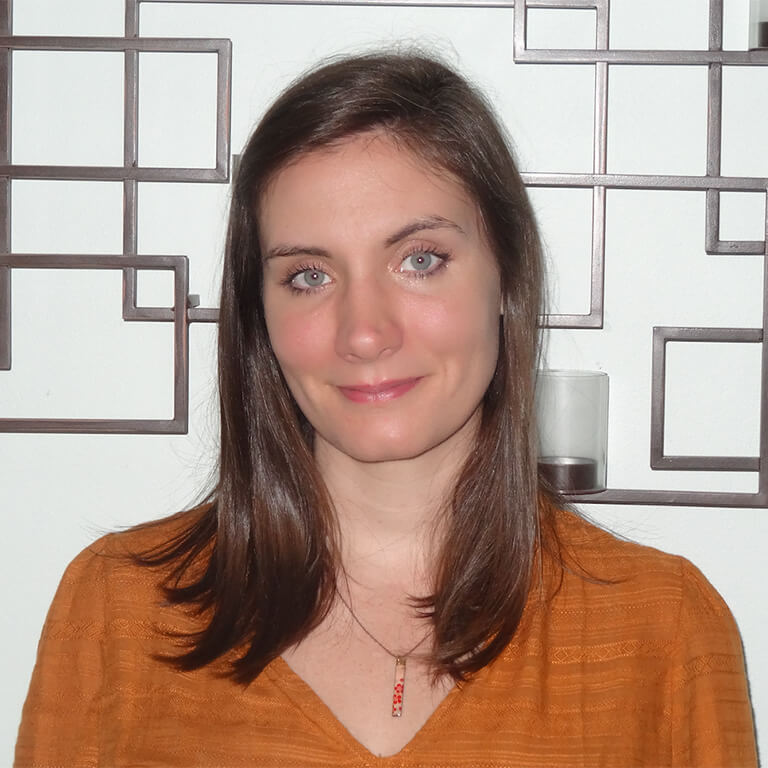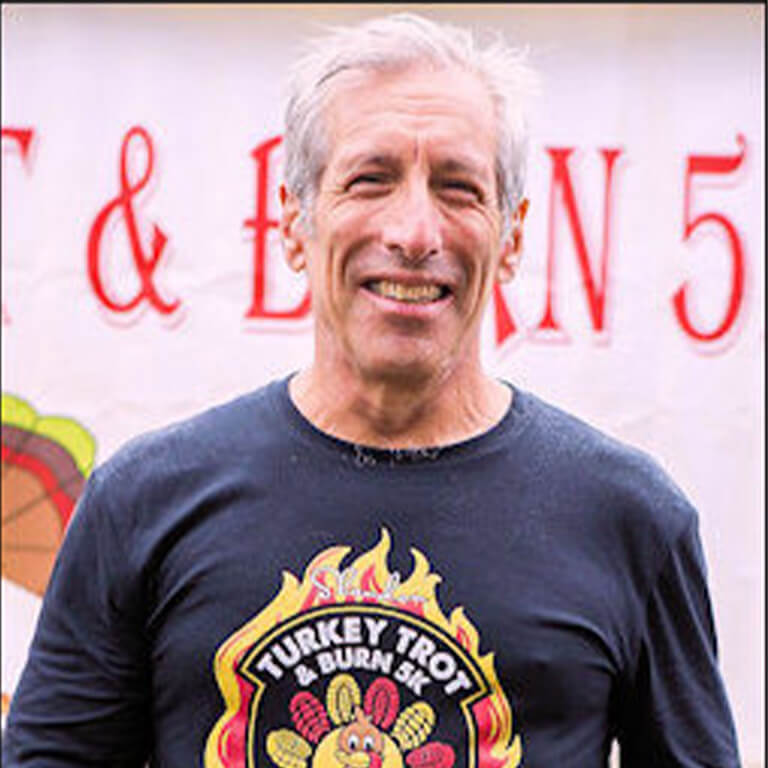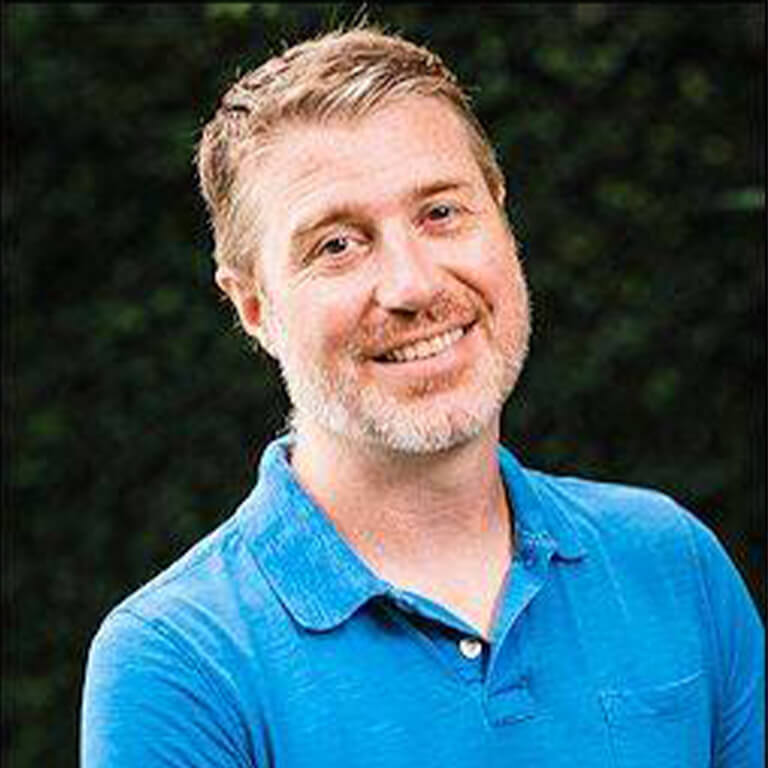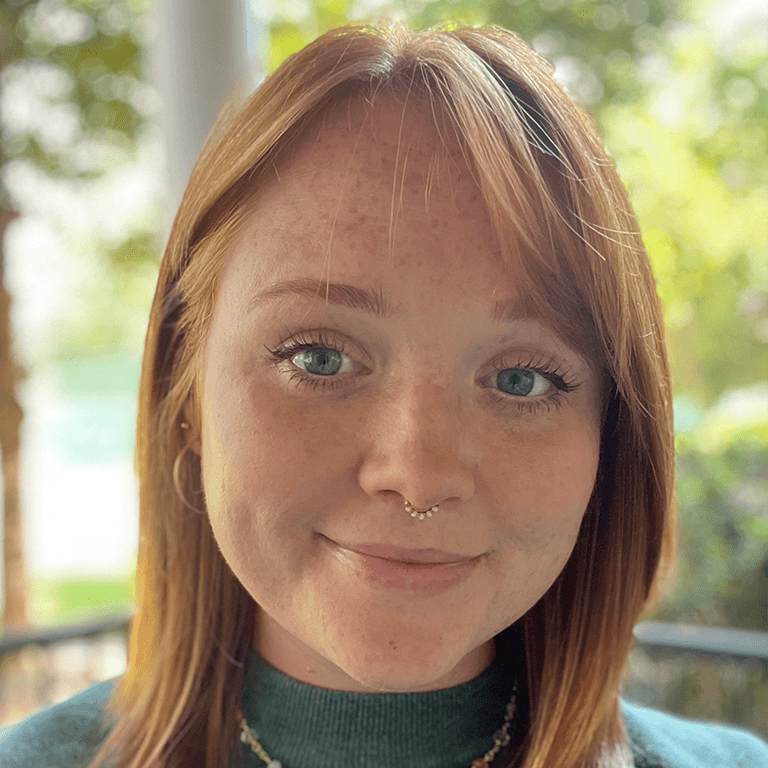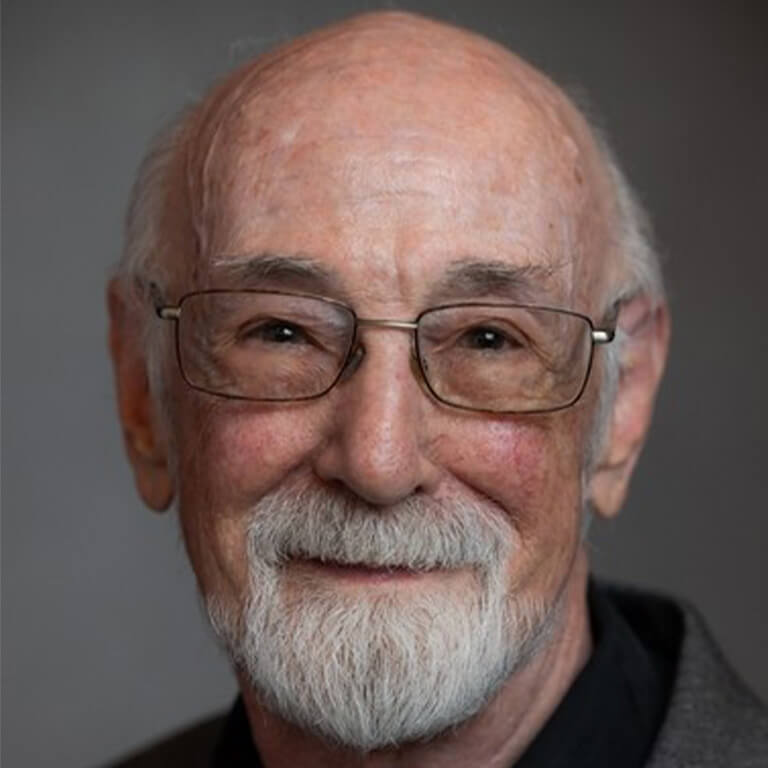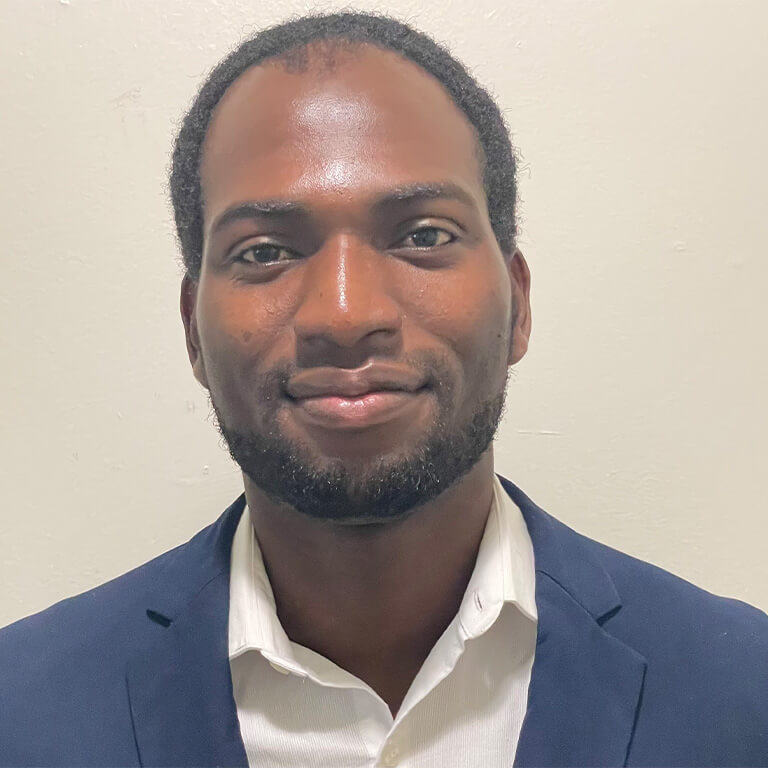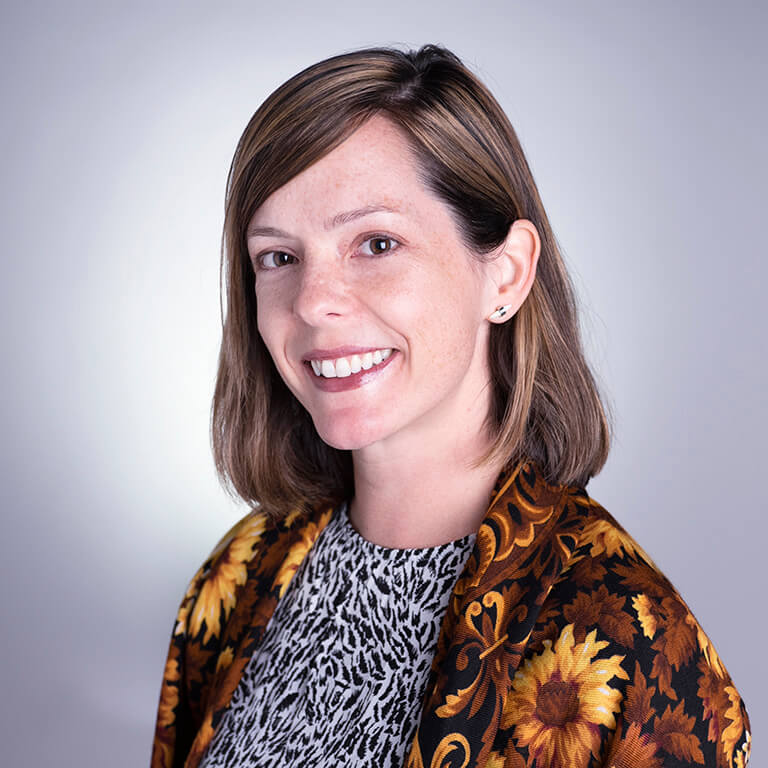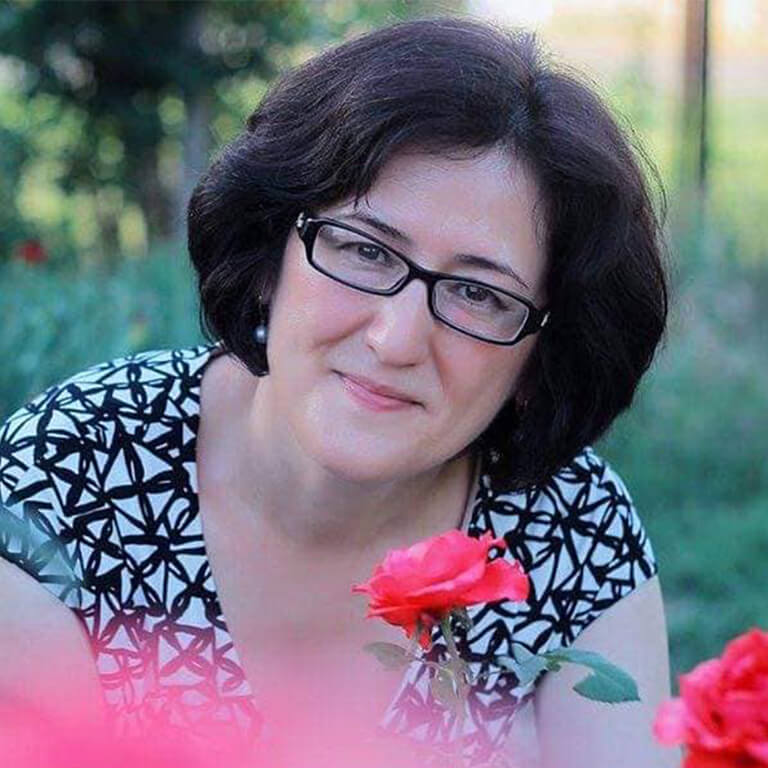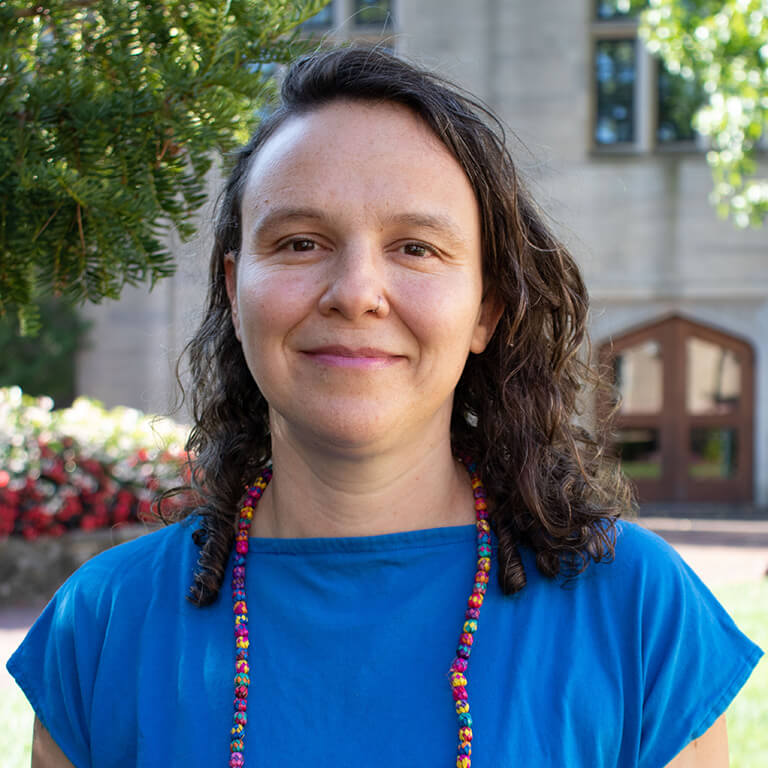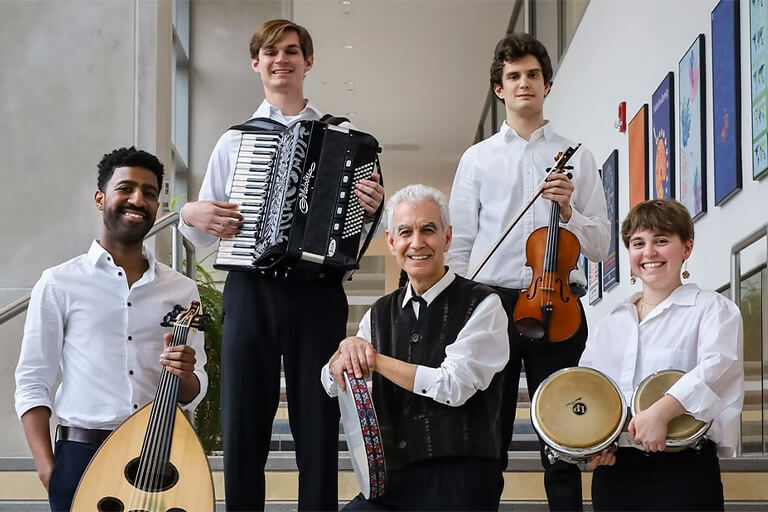Justifying Colonialism: Exploring the British Mandate System in Africa and the Codification of Western Supremacy
Zoe Catlin, International Law & Institutions, Hamilton Lugar School
Social Power of Language in Kazakhstan - Current Conditions
Jonathan Caldes, Central Eurasian Studies, Hamilton Lugar School
Analysis of Turkish /s/-initial Onset Clusters Through m-reduplication
Hale Karkoutli, Central Eurasian Studies, Hamilton Lugar School; Linguistics, College of Arts and Sciences
Social Media as a Tool for Language Maintenance in Diaspora
Sui H. Par, Amanda Bohnert, Grayson Ziegler, Dillon Smith, Em Em, Hannah Hunt, Van Nei Par, Elly Hnem, Rebecca Mawi, Ruth Nem, Claire Mang, Lily Stella, Emily Hanink, Kelly Berkson, Chin Languages Research Project, Linguistics, College of Arts and Sciences
On the Interaction of Identity Hate Classification and Data Bias
Donnie Parent, Nina Georgiades, Charvi Mishra, Khaled Mohammed, Sandra Kuebler, Computational Linguistics, College of Arts & Science
Examining the Versatility of Ukrainian Libraries in the Russia-Ukraine War
Kat Payne, Russian and Eastern European Studies, Hamilton Lugar School; Library Science, Luddy School
Acoustic Cartographies: Coke Studio Pakistan’s Imagined Geography in a Post-Partition Subcontinent
Ria Prasad, India Studies, Hamilton Lugar School
From zero to textbook: Chuvash Elementary Textbook
Aleksei Rumiantsev, Central Eurasian Studies, Hamilton Lugar School
